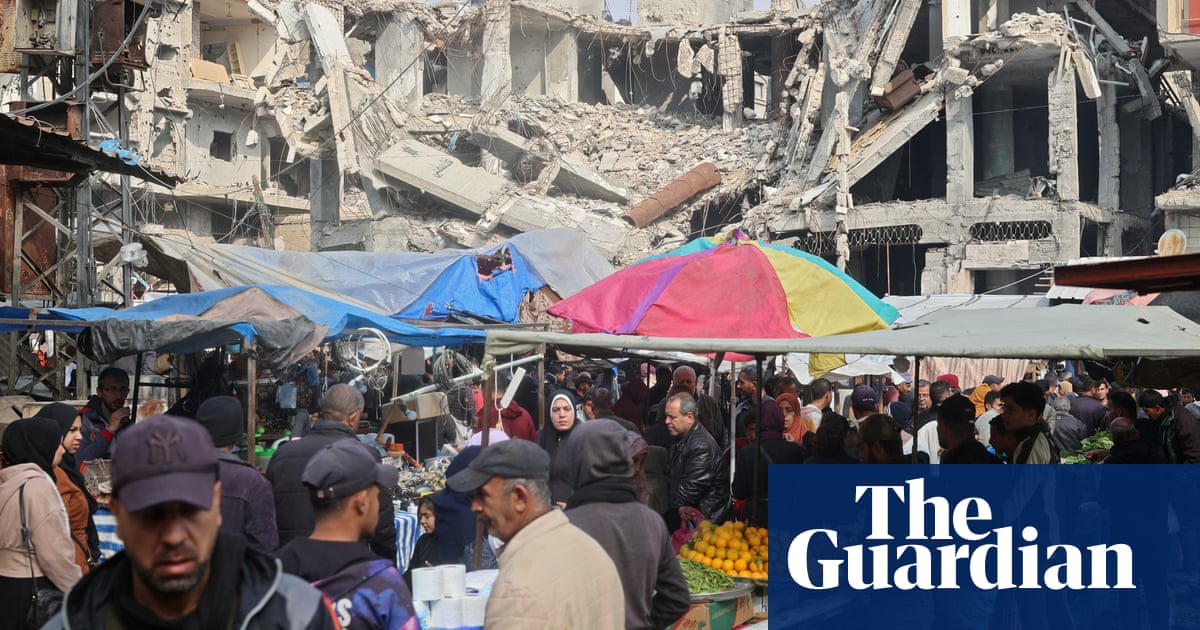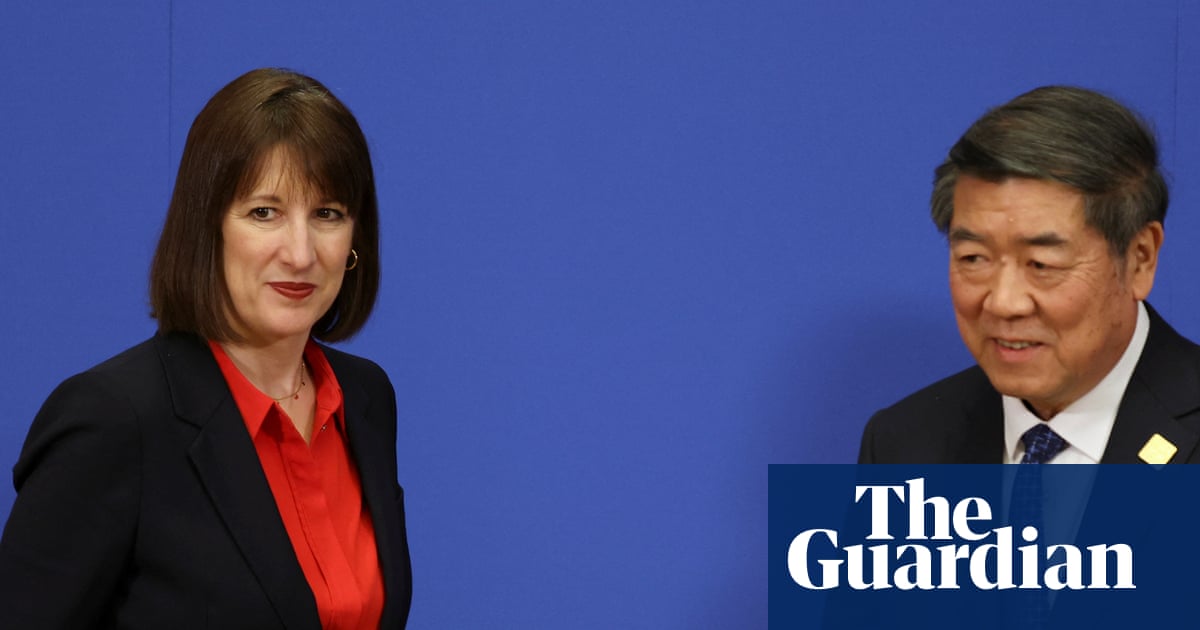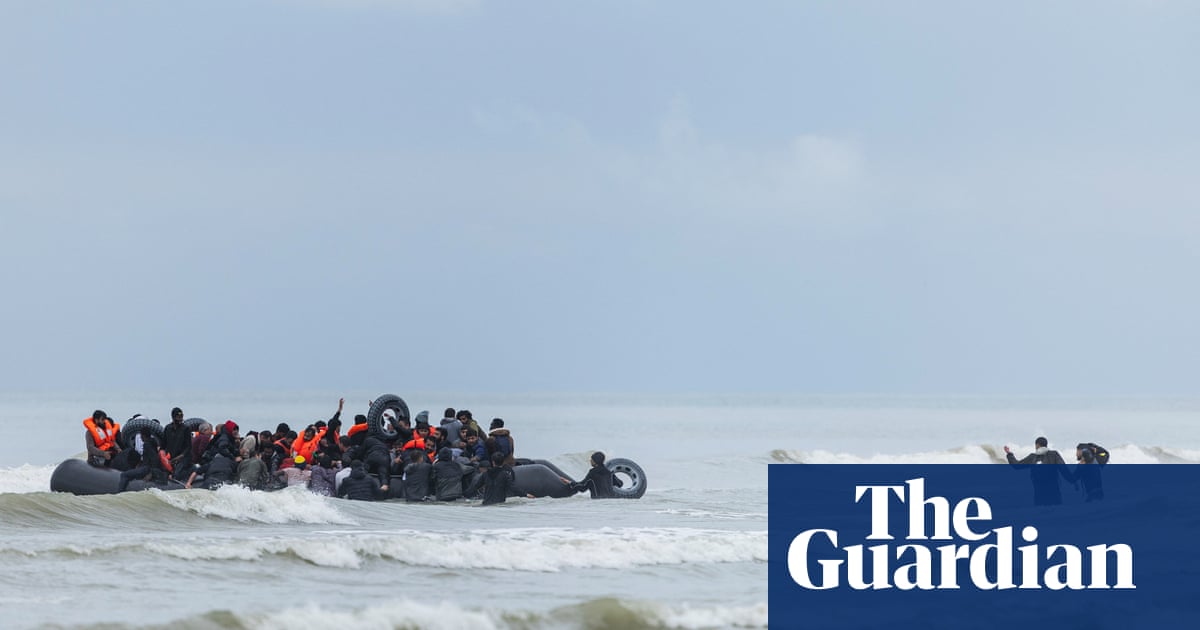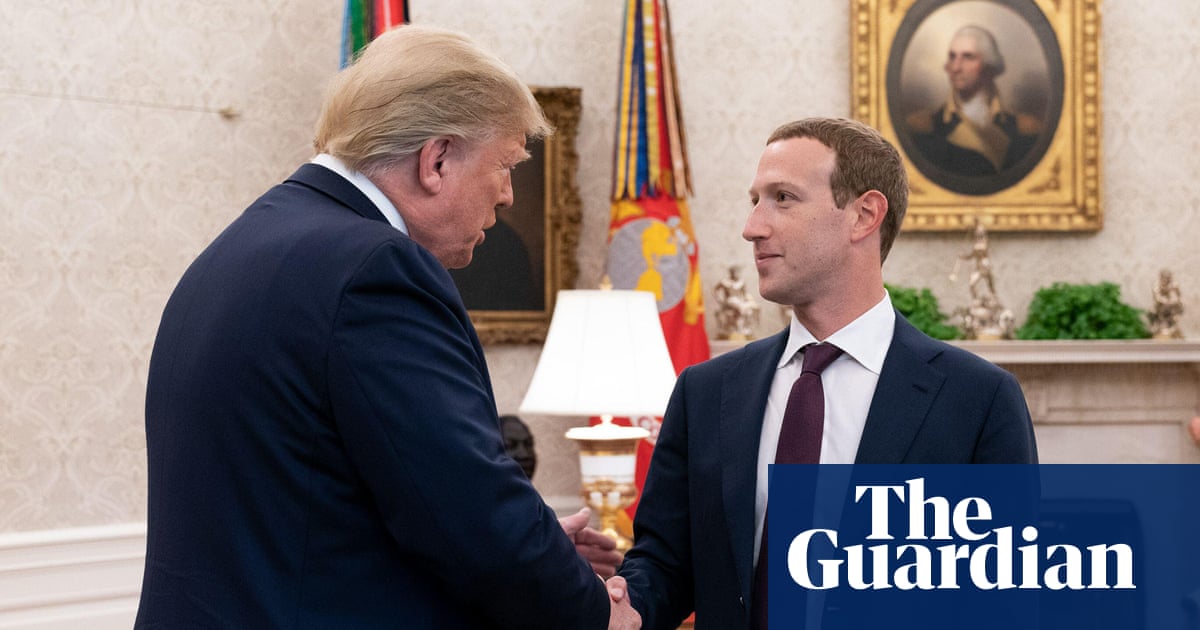Volodymyr Zelenskyy said the use of an experimental ballistic missile by Russia amounted to “a clear and severe escalation” in the war and called for strong worldwide condemnation, as Nato accused Vladimir Putin of seeking to “terrorise” civilians and intimidate Ukraine’s allies.
Nato spokesperson Farah Dakhlallah said: “Deploying this capability will neither change the course of the conflict nor deter Nato allies from supporting Ukraine.”
In a statement after Vladimir Putin’s address about Thursday’s strike on a military site in the city of Dnipro, Zelenskyy said the attack was “yet more proof that Russia has no interest in peace”, adding that “pressure is needed. Russia must be forced into real peace, which can only be achieved through strength.”
The Russian president threatened further attacks, saying Moscow “had the right” to strike western countries that provided Kyiv with weapons used against Russian targets.
“A regional conflict in Ukraine previously provoked by the west has acquired elements of a global character,” Putin said in an address to the nation carried by state television after 8pm in Moscow
Ukraine’s parliament reportedly postponed a Friday sitting because of “potential security issues” following the attack, public broadcaster Suspilne said, quoting sources. It reported that legislators were told to keep their families out of Kyiv’s government district and quoted parliamentarians as saying that, for the moment, the next sitting was not scheduled until December.
The new ballistic missile was called Oreshnik (the hazel), Putin said, and its deployment “was a response to US plans to produce and deploy intermediate and short-range missiles”. He said Russia would “respond decisively and symmetrically” in the event of an escalation.
The US military said the Russian missile’s design was based on the design of Russia’s longer-range RS-26 Rubezh intercontinental ballistic missile (ICBM). The new missile was experimental and Russia likely possessed only a handful of them, officials said.
The Pentagon said the missile was fired with a conventional warhead but added that Moscow could modify it if it wanted. “It could be refitted to certainly carry different types of conventional or nuclear warheads,” said Pentagon spokesperson Sabrina Singh.
The spokesperson for UN secretary general António Guterres said Russia’s use of a new intermediate-range ballistic missile was “yet another concerning and worrying development”. “All of this [is] going in the wrong direction,” Stéphane Dujarric said as he called on all parties to de-escalate the conflict and “to protect civilians, not hit civilian targets or critical civilian infrastructure”.
Speaking after the attack, Zelenskyy said: “The world must respond.” He said Putin was “spitting in the face of those in the world who genuinely want peace to be restored” and that he was “testing” the world.
“Right now, there is no strong reaction from the world. Putin is very sensitive to this. He is testing you, dear partners. … He must be stopped. A lack of tough reactions to Russia’s actions sends a message that such behaviour is acceptable. This is what Putin is doing.
Jeffrey Lewis, a non-proliferation expert at the Middlebury Institute of International Studies in California, said Putin had earlier hinted that Russia would complete the development of an intermediate-range ballistic missile (IRBM) system after Washington and Berlin agreed to deploy long-range US missiles in Germany from 2026. “The RS-26 was always [a] prime candidate,” Lewis said.
Timothy Wright, at the International Institute for Strategic Studies, said Russia’s development of new missiles might influence decisions in Nato countries regarding what air defence systems to purchase as well as which offensive capabilities to pursue.
The latest escalation follows the use by Ukraine of US Atacms missiles to target what it said was a weapons depot in Russia’s south-western Bryansk region on Monday, and fired a salvo of UK-made Storm Shadow missiles on Wednesday at a command post in Kursk, where Kyiv’s forces hold a small bridgehead of territory inside Russia.
Both sides are stepping up their military efforts in the near three-year-long war ahead of the inauguration of Donald Trump on 20 January. The Republican president-elect has said he wants to end the war, though it is unclear how he proposes to do so, and each side is hoping to improve its battlefield position before he takes office.

.png) 1 month ago
19
1 month ago
19













































